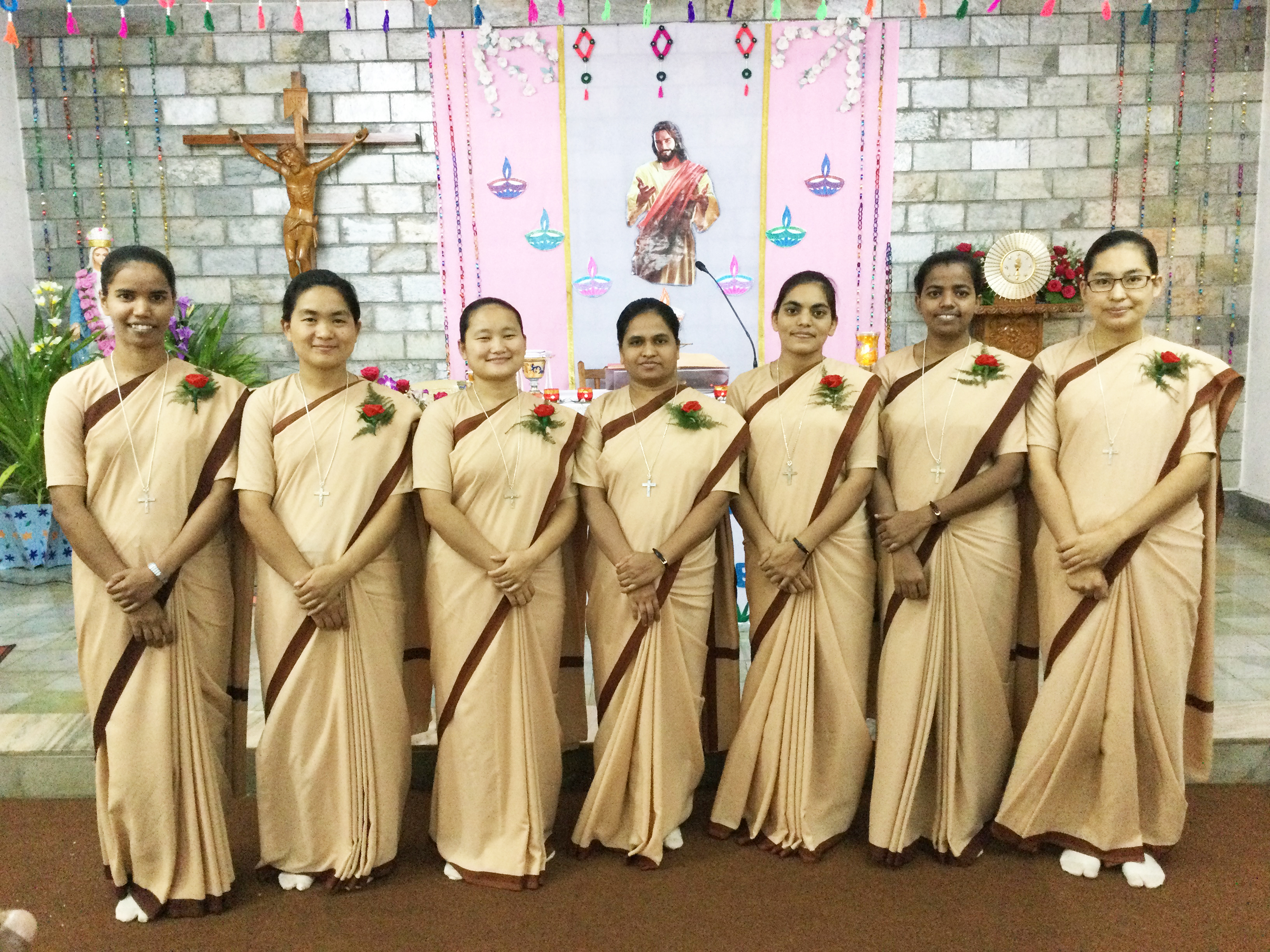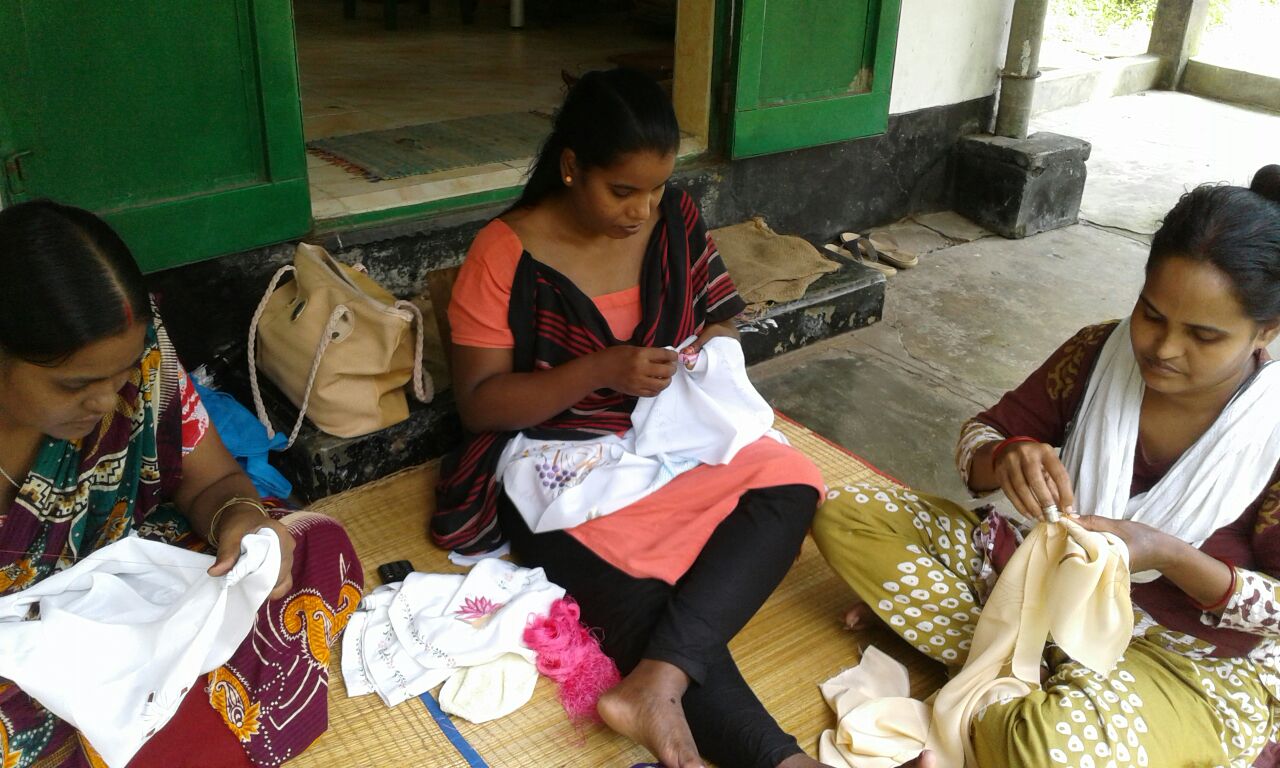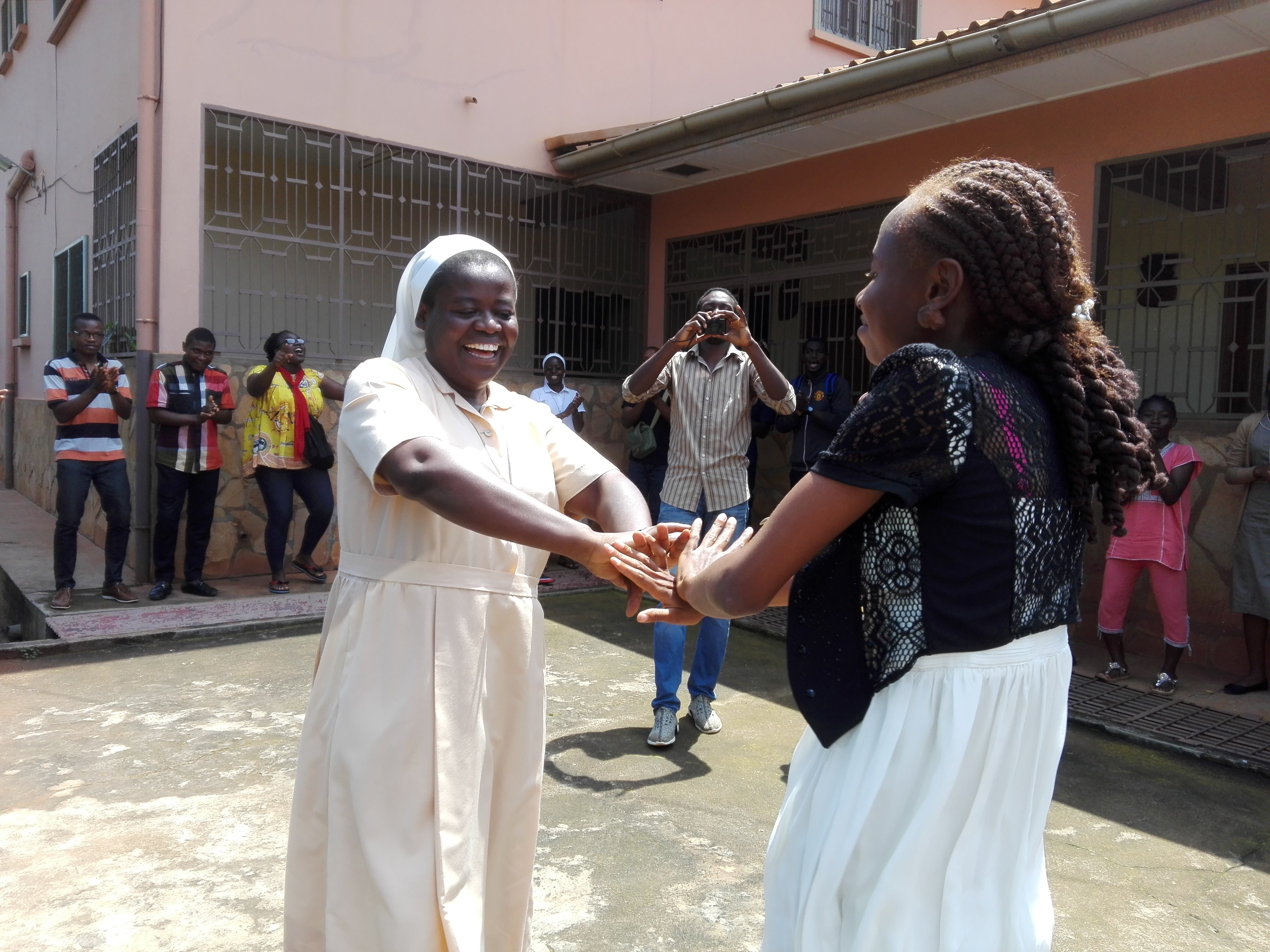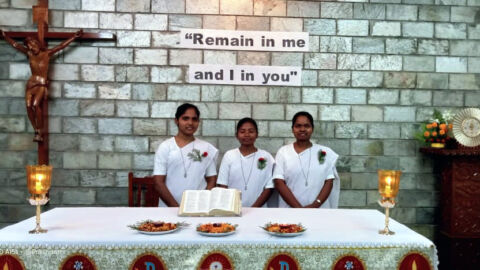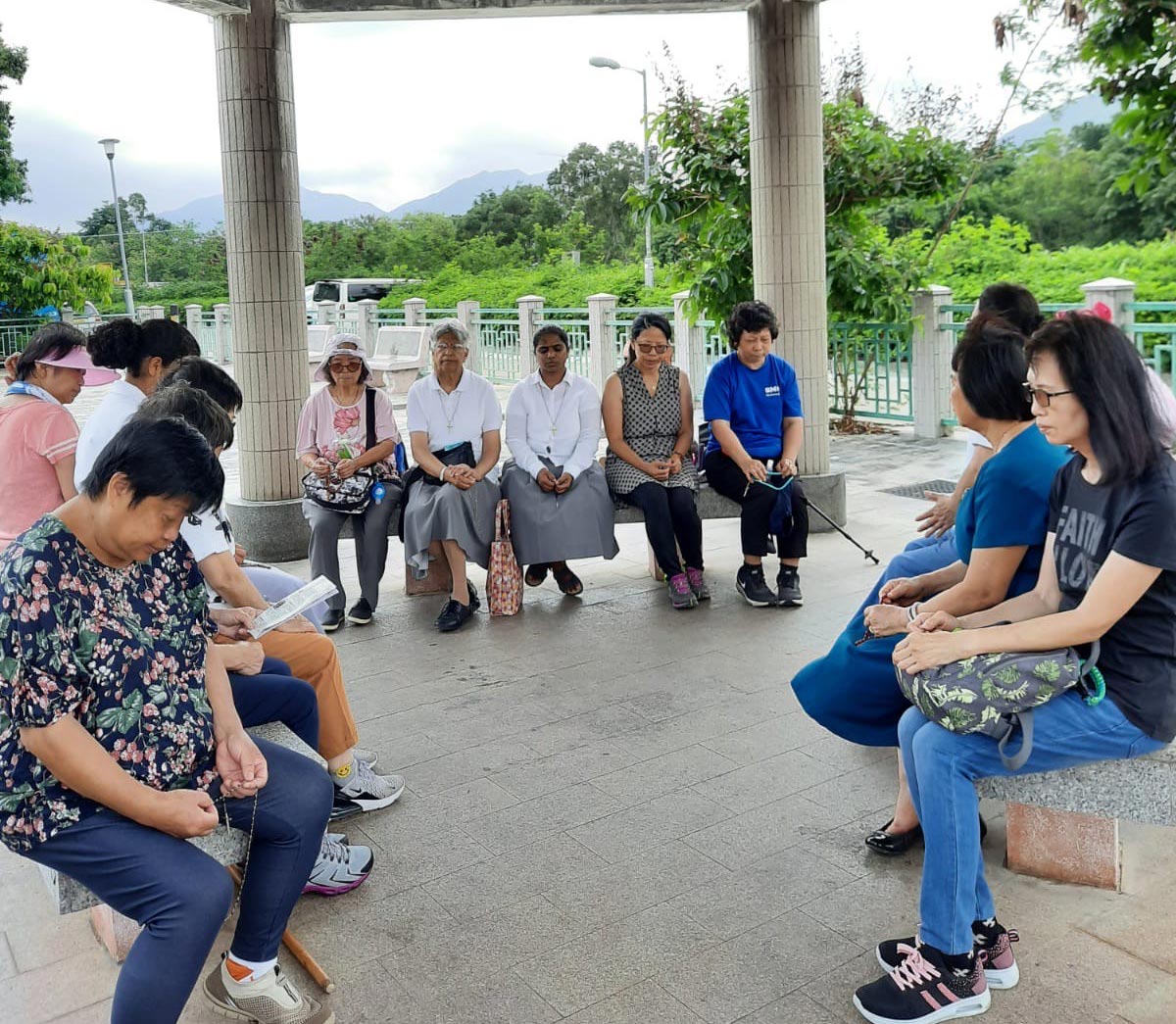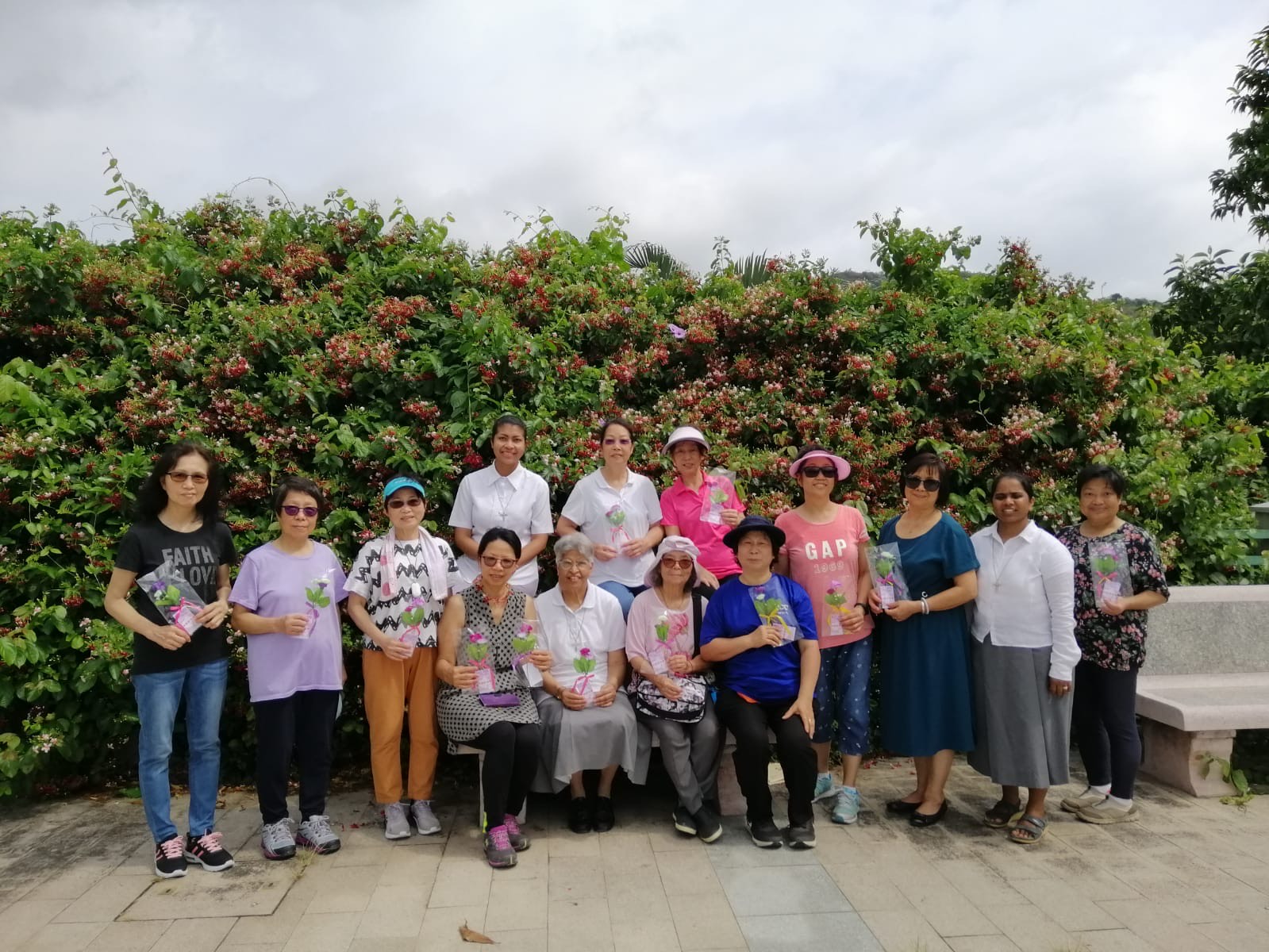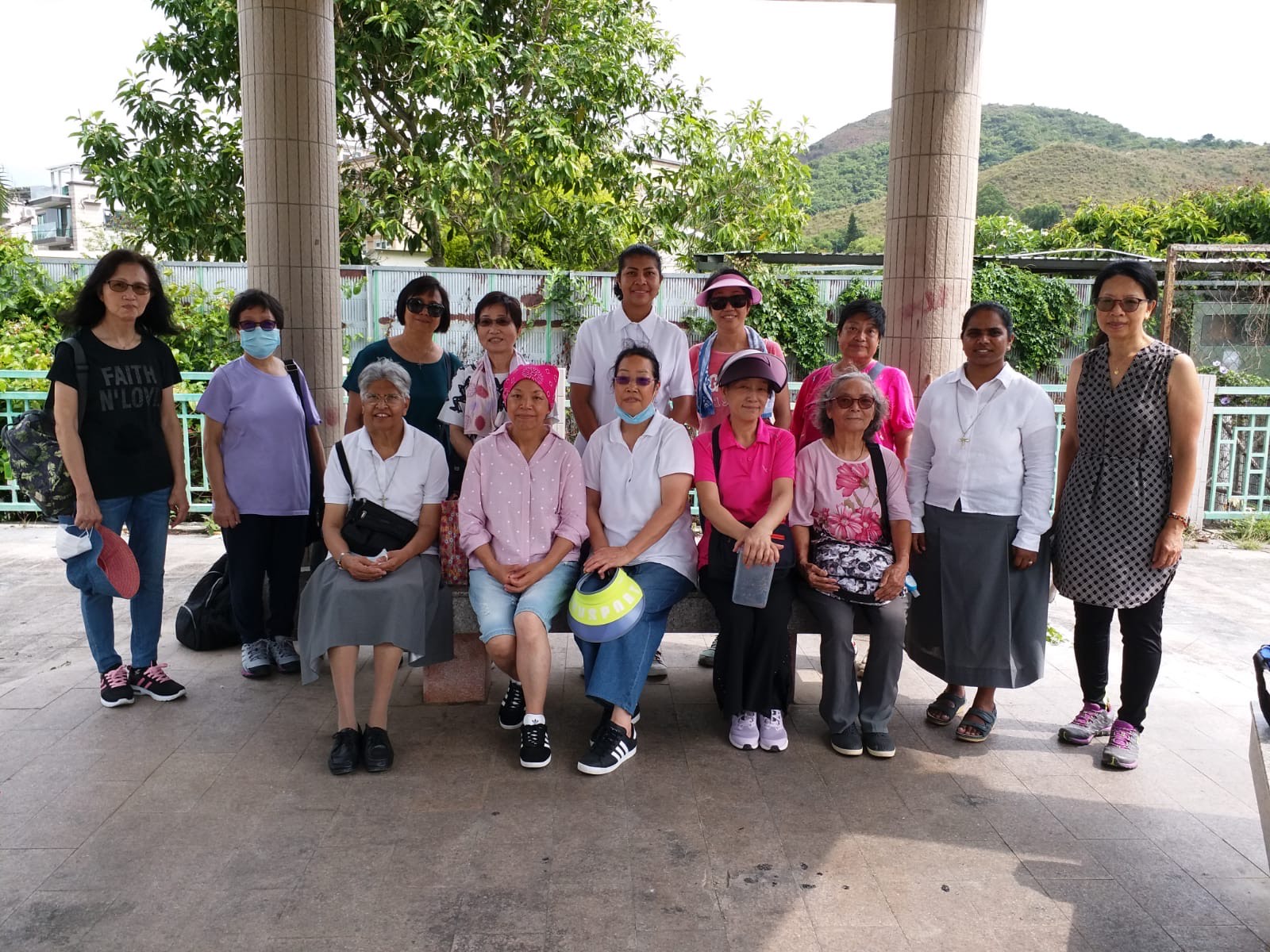“Would you write something about your Jubilee in Cameroon?” “Yes, a little time to come back from the animation, organize some commitments and then surely I will … ” and from that moment two months have already passed. Thank goodness, the jubilee lasts a whole year!
Moreover, to do so, it took an undecided stop, a positivity to Covid, which places you in your room for fifteen days (for me, to have the fortune of being asymptomatic).

This already made me to reflect. The jubilee should be a special year, a “chosen” time to hand everything back into the hands of God, to thank and ask for forgiveness, and free from the anxiety of the results obtained. It should not be an “accident” as in the case of the disease that where you are, you stop, the decision is made.
Drawing on a beautiful interview by Cardinal Ravasi, we can enter better into the sense of celebrating a jubilee. In the ancient Greek translation of the Bible (known as ‘Seventy’), the Hebrew term jobel is translated with the Greek áphesis, meaning “liberation, remission, forgiveness”. In other words, the Jubilee is not just a ritual, but an experience of life that hopes to be perceptive for every man and for the whole of society. An experience that is not limited to the ritual alone but becomes action, for example, the restitution of the sold properties, the remission of debts, concrete choices to be made together. In fact, according to the Bible, the land of Israel was owned by tribes and families and is given by God in benefit after the conquest of Canaan. Therefore, the land remained that of God. When alienated or sold, the original mapping modifies itself.
The book of Ezekiel (46: 17) highlights that the jubilee year is also the year of liberation of people, who for misery had to renounce their freedom and in that year could return home, regaining land and freedom.
In the New Testament, seventeen times we find the Greek word áphesis, which – as we have already noted – means “liberation, remission, forgiveness”. In particular, we read it in the Gospel of Luke (4: 18-19), of which here is a very significant passage, in which Christ announces his Jubilee. The Spirit of the Lord is upon me, because he has anointed me to bring good news to the poor. He has sent me to proclaim release to the captives and recovery of sight to the blind, to let the oppressed free, to proclaim the year of the Lord’s favor.
Starting from 13 December 2020, the Province of the Missionary Sisters of the Immaculate in Cameroon started the celebrations of the year of jubilee. As a Congregation, with gratitude and joy, we give thanks to the Lord for the 50 years of our presence in this mission land. The opening ceremony, held in the parish of Ambam, our first mission in Cameroon, saw the participation of all the sisters alongside the entire parish community and the bishop of Ebolowa.
A symbol will accompany the whole year: a map of Cameroon with the Sower inside in the uninterrupted action of sowing who rejoices in the fruit of these 50 years.
The program for the celebratory year is ready and rich with various initiatives. These include animation among young people to rekindle the flame of the missionary vocation. A drama competition to revive our history among the new generations. Debates on the meaning of mission today, taking into account all age groups with particular attention to children. Moments of prayer and celebration wher e we will try to enhance our spirituality, make known our founders and strengthen the mission with PIME. In many of these activities, our first MSI lay group collaborates with us.
e we will try to enhance our spirituality, make known our founders and strengthen the mission with PIME. In many of these activities, our first MSI lay group collaborates with us.
In brief, it is a nice program, a time that actually asks us to get involved and spend more to enhance our mission. I think all of this is beautiful, but this forced arrest… probably invites us to something more in order to understand better this jubilee.
The first provocation came from the bishop of Ebolowa, Msgr. Philippe Mbarga, who in his homily during the opening Mass, took time to make us understand step by step how he saw this gesture of the Sower, his hand always open and stretched out towards the ground.
Without hesitation he stated that this hand should not be continuously opened. We were a little surprised by hearing him, while he insisted that

the mission must create a sense of mission to those who receive the seed and that now it is time for the ‘relay’ of the Good News to be truly taken in hand by the local community. By stating this, he did not mean that it is time for the missionaries to return, but rather that it is time to get together, to help each other and to take each other in hand.
This “halt by Covid”, which restricts the thousand jubilee programs already decided and which forces us to postpone, should also help us reflect on our presence in Cameroon. This will be a propitious time to ask ourselves new questions, which certainly will not be easy to answer: is this mission, received from God in 1971, still as he wants it to be? Are we ready to receive it again from his hands to respond creatively to today’s challenges or has it become “our property”? Is the Sower’s hand full of seeds ready to be sown or is it occupied by so many important but not essential things? How to “redeem” this Christian people so that they can sow the seed with us? What forgiveness should we give and receive?
This Jubilee obviously requires a great organizational effort from us. Knowing that in Africa, a feast is family and it is thanksgiving, celebrating the jubilee becomes an incisive life experience for us and for the people with whom we live.
You become courageous to question yourself, and to repeat together: “For this the Lord consecrated me and sent me”, and thus inaugurate the Year of Grace!
Sr. Daniela Migotto, Province of Cameroon


